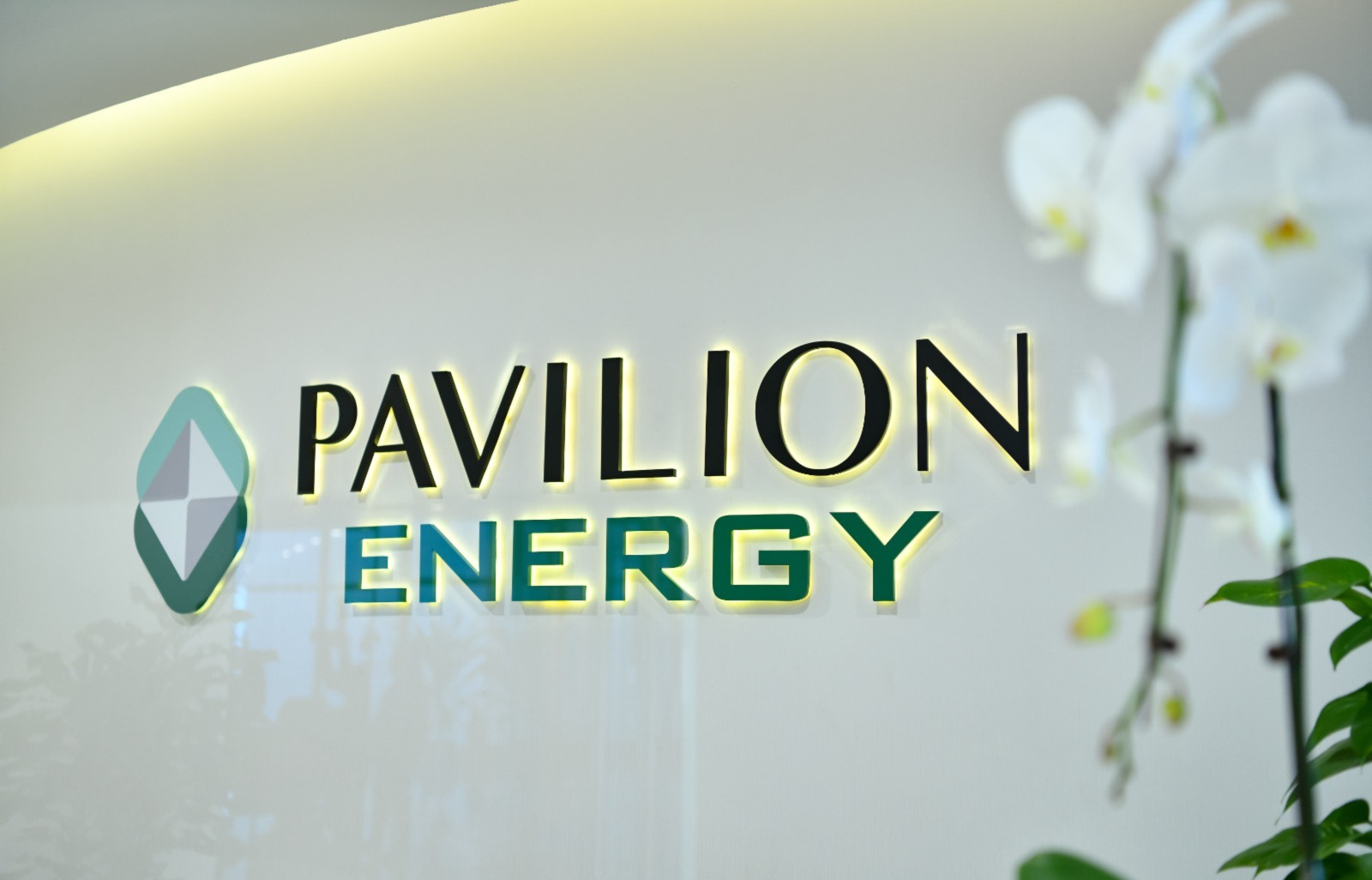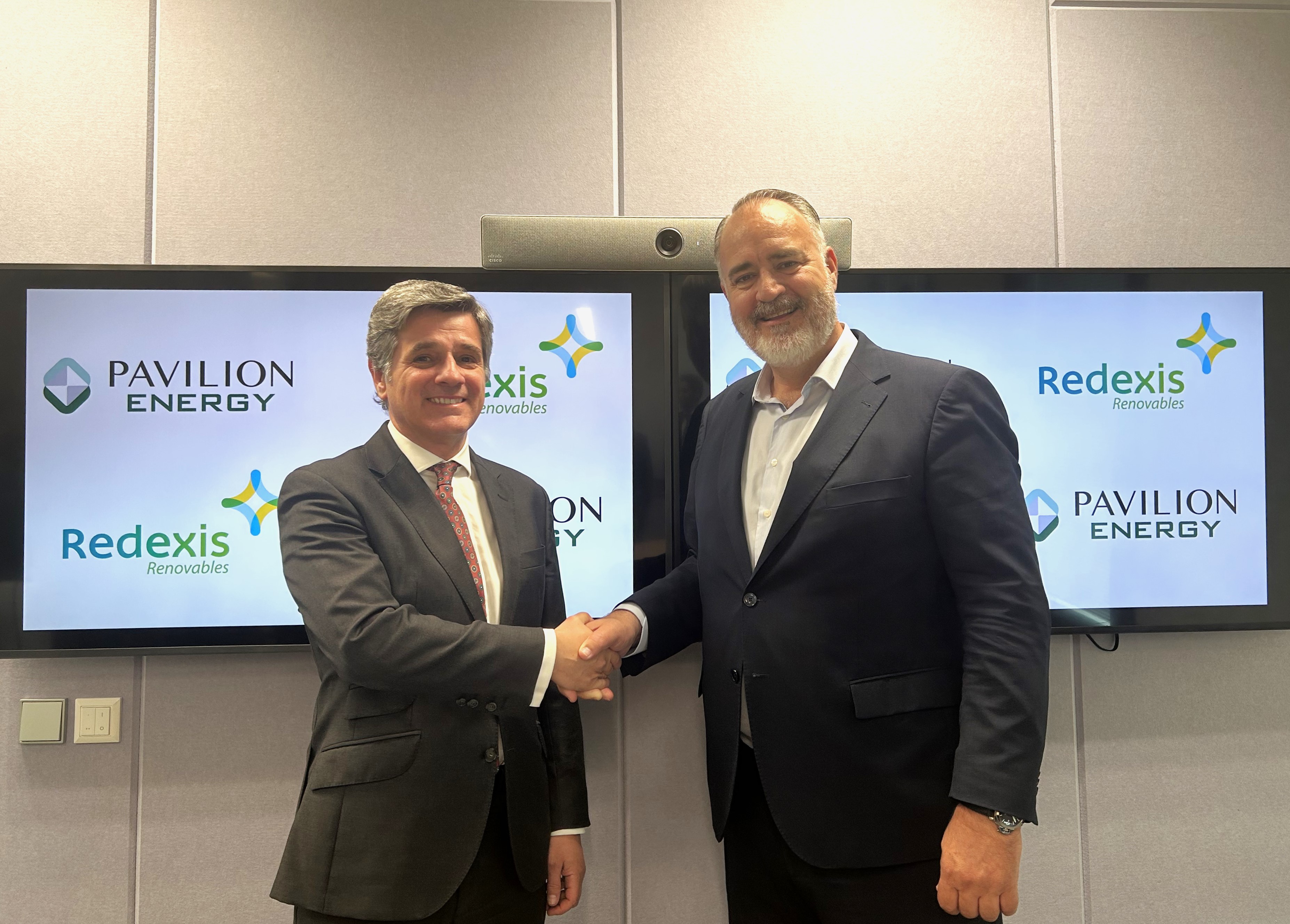Natural gas company Pavilion Energy Singapore said April 15 that it has imported Singapore's first carbon neutral LNG cargo, following its recent agreements that required suppliers to provide a statement of greenhouse gas emissions measured from well to discharge port.
Singapore's first carbon neutral LNG cargo is in line with a growing trend of similar clean fuel imports by Japan, China and South Korea, and part of the city-state's long-term climate change mitigation plan called Singapore Green Plan 2030.
Pavilion Energy, a fully owned subsidiary of the state-owned investment company Temasek, didn't disclose details of the cargo.
"Carbon emissions associated with the LNG cargo from well-to-tank including the extraction, production, transportation, and regasification will be offset by retiring a corresponding amount of high-quality carbon credits sourced from its portfolio of carbon offset projects," Pavilion said in the statement.
Assuming an average LNG cargo size of 70,000 mt, the "well-to-tank" emissions were around 60,000 mt of carbon dioxide equivalent, it noted.
Carbon credits used for the offset were from forestation projects under the Verified Carbon Standard (VCS) and Climate, Community and Biodiversity Standard (CCB) -- Evio Kuinaji Ese'Eja Cuana in Peru and Liangdu Afforestation in China -- Pavilion said.
In November 2020, Pavilion Energy Trading & Supply had signed a 10-year LNG sale and purchase agreement with Qatar Petroleum for 1.8 million mt/year of LNG to Singapore from 2023. Each LNG cargo under this agreement was to be accompanied by details on emission measurement.
Similarly, in February 2021, Pavilion Energy signed a six-year LNG SPA with Chevron for the supply of about 0.5 million mt/year to Singapore from 2023, with a similar statement on its greenhouse gas emissions.
Pavilion and its partners have been developing a GHG quantification and reporting methodology for LNG, based on internationally recognized standards, which will cover emissions from well head-to-discharge terminal, including LNG transportation.
Under the Singapore Green Plan 2030, the city-state aims to strengthen its climate change commitments under the UN's 2030 Sustainable Development Agenda and Paris Agreement, through activities like using cleaner energy and increasing energy efficiency to lower the carbon footprint.






